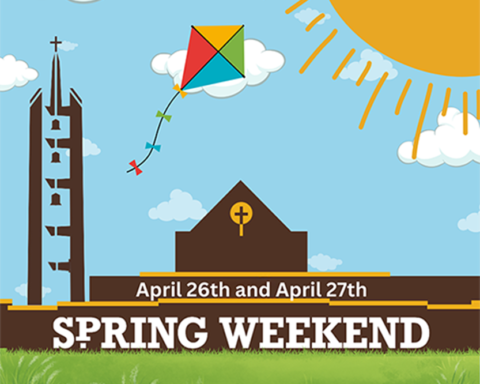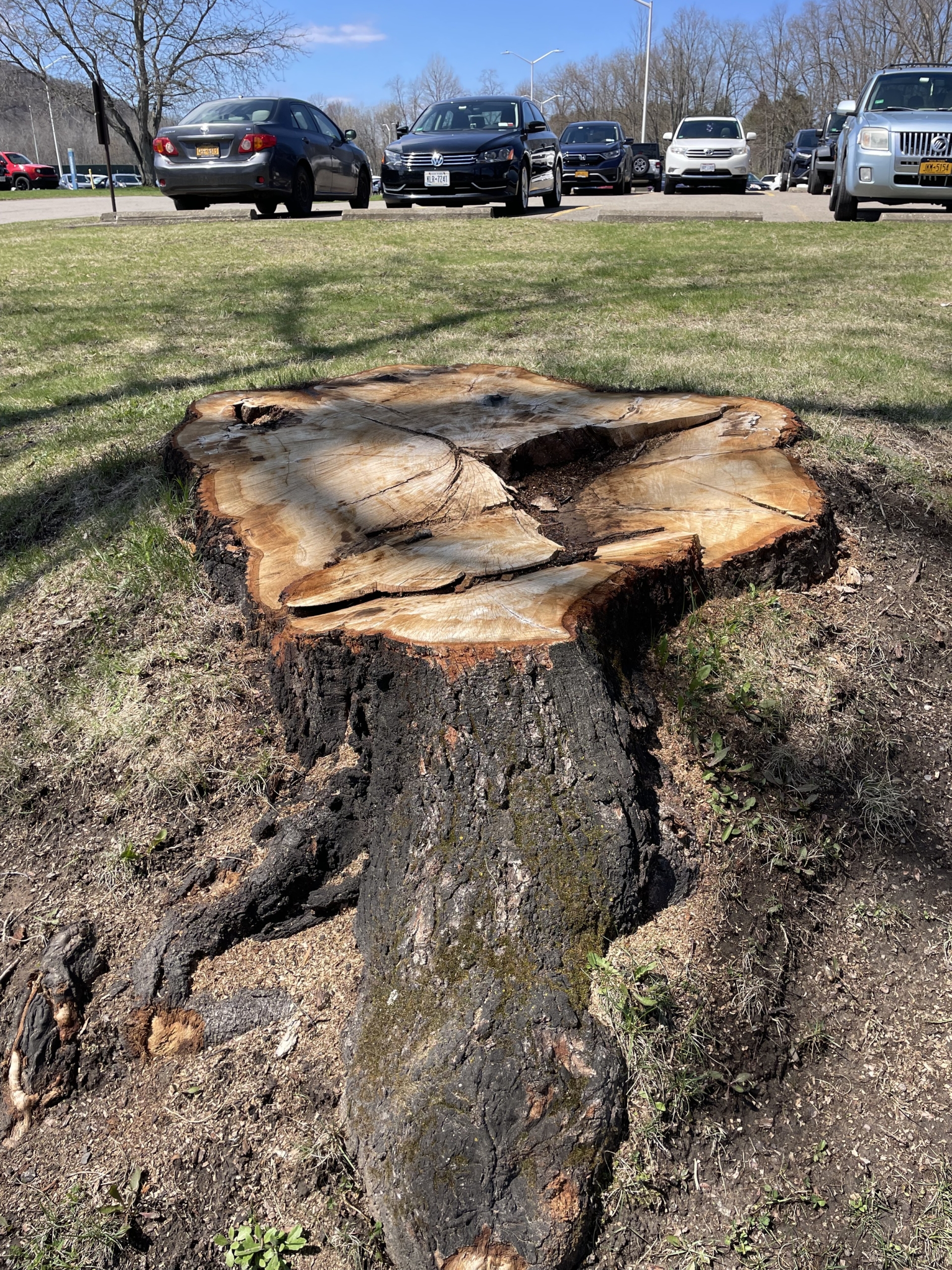By Nathan Desutter
Contributing Writer
Dr. Althea Kaminske, the co-director of the Center for Attention, Learning & Memory (CALM), is a self-described learning nerd who tries to avoid any faculty confrontation. Normally, if she sees an email from a colleague meant to rile up a certain department on a faculty message board, she tries to move on to something else.
But about two years ago, one message caught her eye. She doesn’t remember specifically what it said, but it was to the tune of, “If we are to be research driven, then the idea of Learning Styles is a neuromyth….our brains don’t really work like that.”
The sender was Dr. Adam Brown, associate professor of elementary education, and it went to everyone.
When Dr. Robin Valeri, a professor in the psychology department, saw Brown’s message, she quickly invited Kaminske into the discussion — knowing her specialty is learning and memory — and wanted her to confirm Brown’s findings.
Kaminske’s response probably wasn’t what she expected. “Yeah, he’s right. Everything he’s saying [about how we learn] is right,” she said.
When Brown saw her response on the message board, he was shocked. “He said, ‘Wait, there’s another one? You know this literature?’” Kaminske said.
At that moment, the idea behind CALM was born.
“We talked about publishing together and decided to maybe open a center,” Brown said. “We put together a mission statement and talked to Joe Zimmer Ph.D., provost and vice president for academic affairs, who said it was a good idea. Since then, we’ve had eight or nine workshops the last two years.”
The pair’s research focuses on teaching individuals how to learn and letting students know they aren’t alone in their struggles, and most of the time, their struggles aren’t entirely their fault.
“I’ve told many of my students that they’re victims of an education system not working as optimally as it could,” Brown said. “You were never told how to take notes…you were never given the proper skill set and guiding principles.”
Brown and Kaminske complement each other in the classroom, and their collective passion for the subject of learning is apparent during their workshops.
CALM officially launched in August of 2017 — located in De La Roche 118 — and their research has hit the shelves in the form of a book titled, “Five Teaching and Learning Myths Debunked: A Guide For Teachers.” More importantly, the center has made a significant impact on St. Bonaventure’s campus.
“Brown and Kaminske are giving us concrete skills to work with,” Spencer Carbone, a junior biology and health and society double major, said. “They are a great resource.”
Carbone is a tutor who specializes in biology, health and society and Spanish and has attended multiple workshops given by Brown and Kaminske.
On Feb. 5, the duo held a workshop for student tutors like Carbone, but since they gave a similar workshop Friday evening, they expected a smaller turnout. Instead, 27 tutors, in subjects ranging from communication to accounting to arabic packed Plassmann 112 looking to improve their craft. They had to grab extra chairs from across the hall.
“We were really excited about the attendance,” Kaminske said.
The event ran in conjunction with the Student Success Center, which provides academic support, disability support and first-year experience, among other things.
Brown and Kaminske are looking to pair with the SSC more frequently because right now CALM is only the duo and a few students working alongside.
“They have the tools to really reach students, and that’s why we wanted to talk to tutors,” Kaminske said. “Now, they have the information from us about effective strategies you can use.”
Only a year and a half into its existence, CALM is still growing and learning, but Brown and Kaminske are trying every way they can to spread their research because they have seen how valuable it is and how impactful it can be to students.
“As a tutor, it’s not about just giving information,” Chandler Poczciwinski, a sophomore accounting major, said. “Brown and Kaminske are giving information on learning tips, and that’s really helpful.”
“We want people to walk away having accomplished something, having made actual progress,” Kaminske said. “Even if it’s something small, like today was, ‘Now I know how to ask a question in class.’ We focus on application.”
desuttn18@bonaventure.edu



